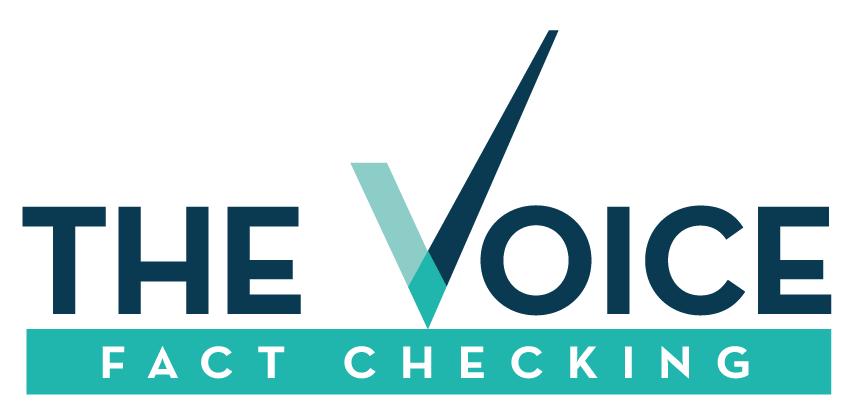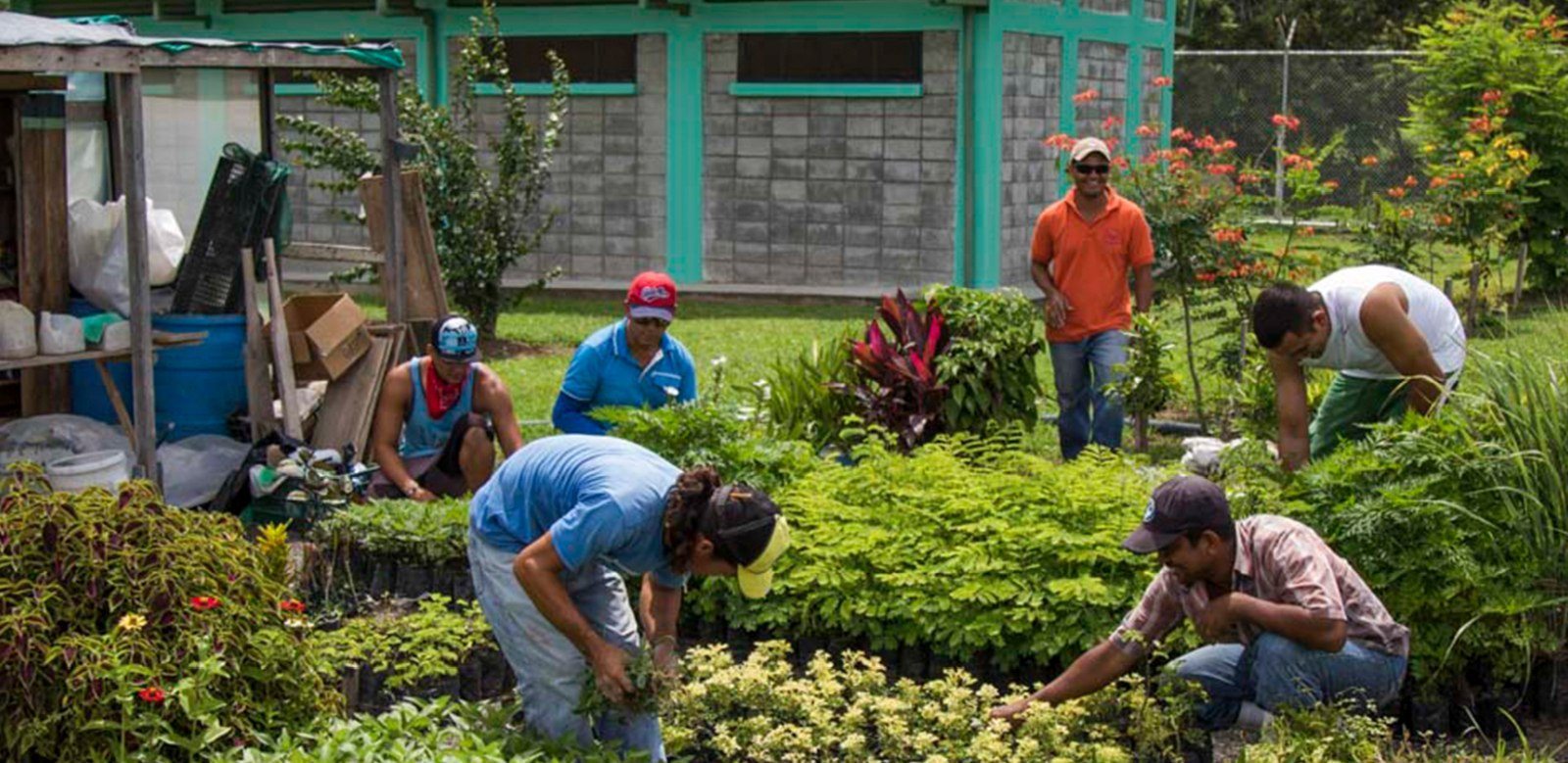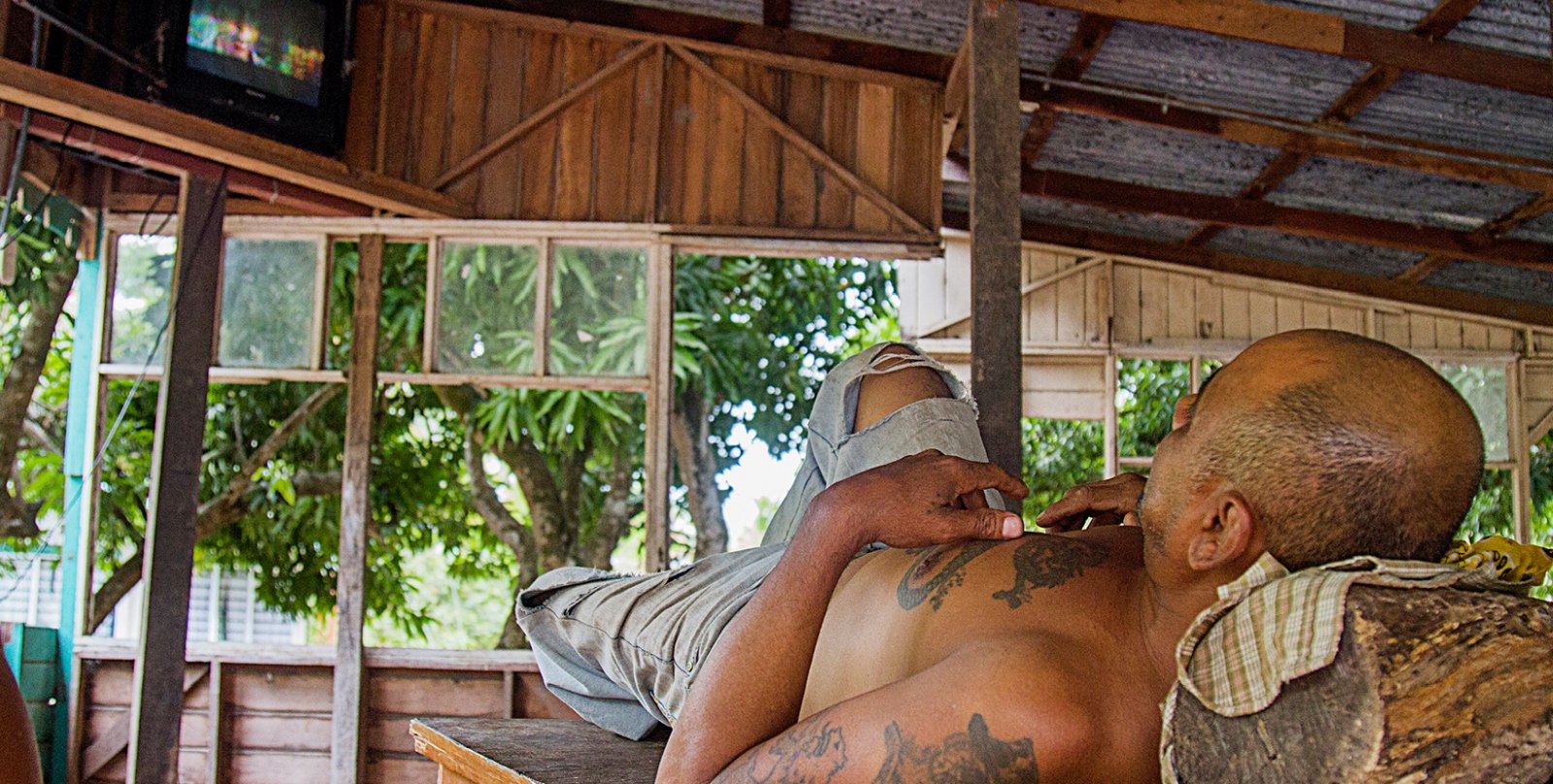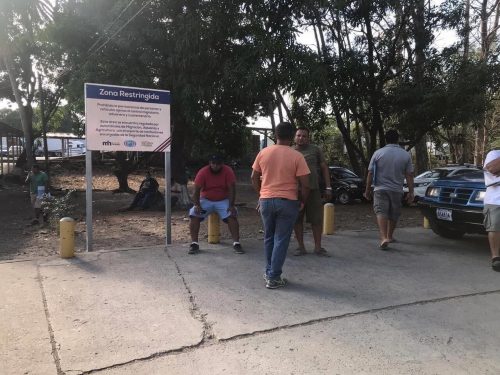
As of today, the Centro de Atención Institucional (CAI) Calle Real of Liberia does not have any positive cases of COVID-19, however, authorities within the Ministry of Justice and Peace claim to have protocols in place in case this happens.
Vice-Minister of Justice and Peace, Diana Posada, said the centre had to place about five inmates in sanitary isolation last June because they were exposed to a positive case of COVID-19. But none of them contracted the virus.
“These were people who had contact with a positive case of COVID-19 from the Judicial Branch of Nicoya,” said the vice-minister.
Costa Rica reports five positive cases of COVID-19 within the penitentiary system as of July 3th. The first case was from a prisoner who required medical attention in a healthcare centre, where he was diagnosed with coronavirus.
Furthermore, the Minister of Health ordered a 14-day isolation of one of the modules of the CAI Jorge Arturo Montero, in San Rafael of Alajuela.
The prison system was able to contain the arrival of the virus for more than 120 days,” said Posada.
Standard measures
In accordance with the contingency plan that the institution has for handling the pandemic, any person deprived of liberty who leaves the penitentiary facilities for more than 24 hours to carry out any procedure, whether it is a judicial action or a medical visit, must remain in preventive isolation for up to 14 days.
Furthermore, they must comply with the protocol for entering the centre: disinfect footwear, the hands must be washed, alcohol gel must be used and the clothes they bring in from outside must be changed for new and disinfected ones.
Ministry of Justice records show that 1,907 inmates nationwide have been placed in preventive isolation due mainly to the fact that they are new arrivals in the penitentiary system.
“Guidelines are general, but even each centre has a mandatory obligation to carry out and develop its own specific protocol,” said the vice-minister.
In the event that a positive case is confirmed in Liberia, or in another prison in the country, the first thing the protocol does is to isolate the person, to coordinate with the Ministry of Health to issue a sanitary order, and to provide the person with appropriate medical care.
In the event of moderate symptoms or complications, the person will be transferred to the Caja Costarricense del Seguro Social centre.
For these preventive or positive isolations, the ministry has already identified 4,000 sites -including gyms and classrooms- where they could isolate people deprived of their liberty or officers.
In the penitentiaries we have private visiting spaces that we have been using for the individual isolation of people deprived of their liberty, and we have identified other spaces for collective isolation that are already inside the facilities, for example, some agro-industrial workshops that are not being used and that have been adapted in terms of security and ventilation,” explained Posada.
Crowding concerns
Regardless of the protocols, the overcrowding of penitentiaries -around 30% in general- makes the authorities to be on high alert, who agreed that a positive case of COVID-19 could trigger an eventual massive infection within the system.
Overcrowding in Liberia is at 42%. The prison in Ciudad Blanca has the capacity to hold 824 men and 24 women, but currently has 17 women and 1,167 men in the facility.
A variety of decisions made by the Sala Constitucional indicated to the penitentiary system that only up to 20% more of the population should be allowed in the centres (this is known as overcrowding).
Crowding is only solved with the creation of new facilities to be able to locate each person, and that is a situation that cannot be resolved overnight,” admitted the vice-minister.
Within that scenario, Posada said Liberia has several advantages, including a well-equipped medical facility. She also reminded that since 2019 the prison has a court order, which keeps it closed to the entry of new prisoners.
Overall, and given the conditions of overcrowding, the Minister said that they coordinated with the Pan American Health Organization (PAHO) to identify sites that could be reconverted into a “sort of mini hospital” to serve the population with moderate symptoms that do not yet require a transfer to a healthcare centre.
We have identified integrated care units in the western complex in San Rafael of Alajuela, Pérez Zeledón and Pococí as the three penitentiary centres that could serve as support in the event of a possible infection or massive outbreak of COVID-19.
“These are the newest facilities that we have in the penitentiary system, and they have large enough spaces and ventilation,” added the vice-minister.
Further actions
A statement from the institute says that prisoners with diabetes mellitus, chronic heart disease, immune diseases such as HIV or cancer will also be relocated to specific facilities where there is less movement of prisoners.
If a person receives a release order for the fulfilment of his sentence or preventive detention and is in isolation because he/she is a suspect or confirmed case of COVID-19, the Ministry of Health will coordinate a sanitary order for home isolation with that institution.
The institution also ensures they work on keeping the population in prison informed about how the virus is transmitted and what the effects are. At the same time, they carry out a weekly hygiene control program for the modules and common areas.
“Social distancing is non-existent within these areas, so we are committed to raise awareness and maintain good hygiene practices,” concluded Posada.
Other existing measurements are:
- All prisons are closed to visitors.
- All transfers within and between prisons are suspended, except those that respond to some justified need.
- Admission of students and researchers are suspended until the health crisis has passed.
- Volunteer teams, the administration of each centre will determine if there are essential services being provided by the volunteer groups that require them access to the facilities.







Comments